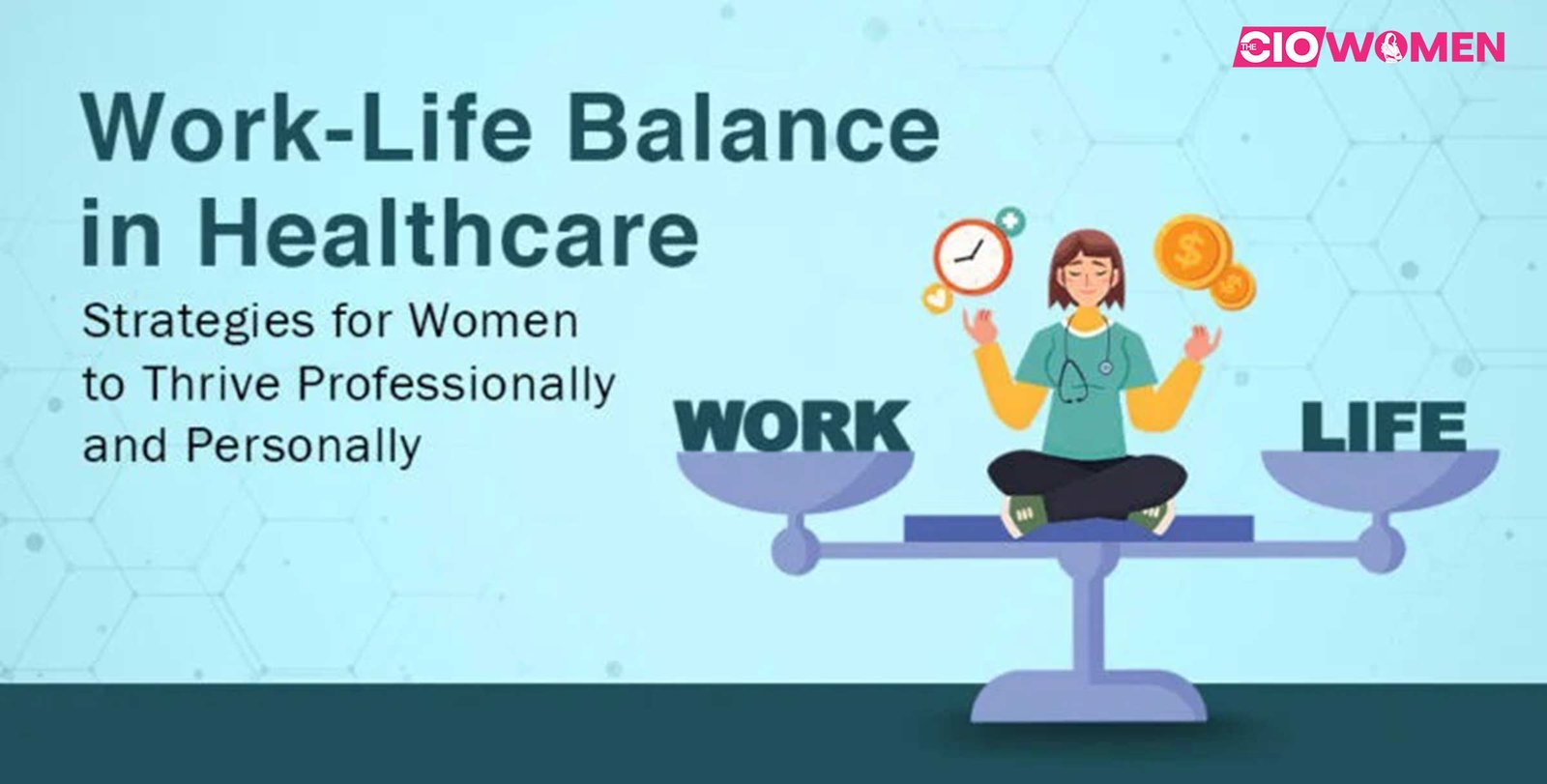Women entrepreneurs are reshaping the startup ecosystem with innovative ideas, inclusive values, and resilient mindsets. Across industries, they are introducing not just new products or services—but new ways of thinking, leading, and growing businesses. However, the path to building a successful venture is rarely linear. It often includes navigating a unique set of early challenges that are shaped by both external barriers and internal expectations.
From securing funding in traditionally male-dominated investment circles to gaining credibility in sectors where leadership still skews male, these hurdles can be daunting. Many women founders also face additional pressure to prove themselves, manage work-life balance differently, or challenge deep-rooted biases while simultaneously building their brand and business model. Yet, despite these obstacles, women-led startups continue to thrive, fueled by purpose, community support, and innovative thinking.
Access to Funding and Investment
One of the primary challenges faced by women-led startups is securing early-stage funding. Despite growing awareness, women still receive a disproportionately small percentage of venture capital globally. Investors may unconsciously favor male-led pitches or lack understanding of women-centric business models. This creates a funding gap that slows growth and innovation. Women founders often resort to bootstrapping or smaller grants to stay afloat. Building strong pitch decks, joining women-focused accelerators, and networking with inclusive investors can help bridge this gap.
Building Credibility in Male-Dominated Industries
In many tech and STEM-based sectors, women still struggle to be seen as credible founders. Biases and outdated perceptions often lead to their expertise being questioned more frequently than their male counterparts. This forces women entrepreneurs to work harder to prove their value. Networking events, awards, and media coverage can help raise visibility. Demonstrating domain expertise through public speaking or content creation also builds authority. Consistency and professionalism go a long way in gaining long-term respect.
Balancing Personal and Professional Responsibilities
Many women founders juggle the pressures of running a startup with caregiving or family obligations. This dual responsibility often leads to burnout or a slower pace of growth in the early stages. Societal expectations and lack of support structures can intensify the challenge. Delegating tasks and building a reliable team can ease the load. Establishing boundaries and creating a flexible work culture also helps. Seeking mentorship from women who’ve managed similar roles can provide valuable coping strategies.
Hiring and Team Building Challenges
Building the right team is essential but can be harder for women founders who may be underestimated or face gender biases in leadership. Some candidates may be hesitant to join a woman-led startup, especially in traditional sectors. Crafting a strong employer brand that emphasizes inclusivity can attract the right talent. Offering growth opportunities and fostering a positive culture is key. Founders should prioritize hiring individuals who believe in the vision and can grow with the company. Being transparent and mission-driven builds long-term loyalty.











